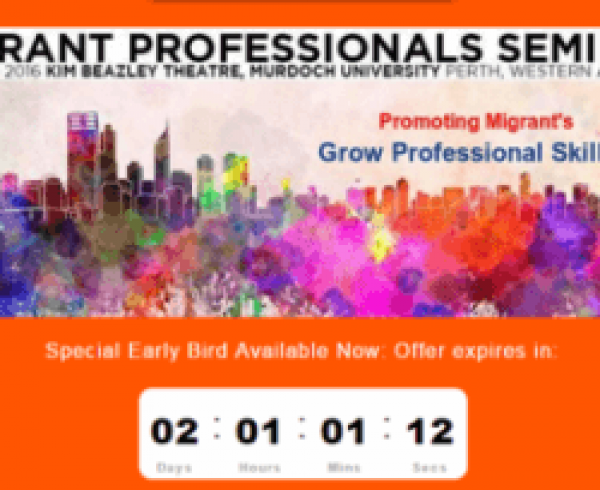COVID has impacted access and processes associated with securing essential visa documentation. Gathering required visa documents takes time. If you have already identified skilled candidates that are eligible to be nominated for a position, prepare their visa documents as soon as possible. If you need assistance, Interstaff are visa experts that can help!
Essential visa documents in focus| Expected delays during covid transitions explained
1. Skills Assessments
A Skills Assessment is a mandatory document for most Subclass 494 visas and for most Subclass 186 visas in the Direct Entry Stream. Skills Assessments are also required for Subclass 482 visas in some trade and general professional occupations.
A Skills Assessment involves a visa applicant submitting evidence of their overseas qualifications and work experience to an authorised Australian organisation for an opinion on whether or not the overseas qualifications are equivalent to the Australian standard in their occupation.
For example, the assessing body for engineers is Engineers Australia and for trades, it is Trades Recognition Australia. Application processing times and the range and number of documents required vary significantly from organisation to organisation so it is best to apply as early as possible.
Skills Assessment applications must be made by the intending visa applicant.
2. Labour Market Testing
Labour Market Testing (LMT) is the process by which a business must show that it has tested the local labour market in Australia before offering a position to an overseas candidate.
In most cases for Subclass 482 and Subclass 494 visas, LMT is mandatory and must be undertaken in a specific and technical way that meets the government’s guidelines. In general, advertisements must be placed for a minimum of 4 weeks on different platforms, including the Federal Government’s job search website.
There are limited exemptions to LMT, including where an International Trade Obligation applies which precludes the government from requiring LMT. Trade obligations apply in a collection of circumstances that are derived from Australia’s international trade agreements.
3. English Testing Availability
English Test availability varies from country to country. Despite more than one exam option being offered in an online format, online ‘at home’ tests are not accepted by the Australian government for visa purposes.
COVID has caused restrictions that could prove difficult and delay access to testing in the format your country requires. The following tests are acceptable for skilled visa applications – the scores required vary depending on the type of visa that the test will be used to support:
- International English Language Testing System (IELTS)
- Occupational English Test (OET)
- Test of English as a Foreign Language internet-based test (TOEFL iBT)
- Pearson Test of English (PTE) Academic
- Cambridge English: Advanced (CAE)
4. Background Checks
Police background certificates are required for most visas that allow an extended stay in Australia and they are mandatory for employer sponsored visas. Visa applicants must provide certificates from each country in which they have accumulated twelve months of time in the past ten years.
This requirement can be extremely onerous, particularly where a certificate is required from a country where the applicant no longer lives or works in. In some cases, national and regional level certificates are required – for example, state and Federal certificates are often required for those in the US. Identify what certificates are required and apply as early as possible to avoid lengthy visa processing delays.
Interstaff | Over 30 years of visa and migration experience
We encourage you to call Interstaff’s Migration Agents on 01800 449 858, 08 9221 3388 (Perth) or 02 7200 2567 (Sydney) or 03 8319 0902 (Melbourne) or +61 1800 912 042 (International) or get in touch here.
You may also wish to connect with us on Facebook and LinkedIn to keep up-to-date on Australian international travel.
Sources:







